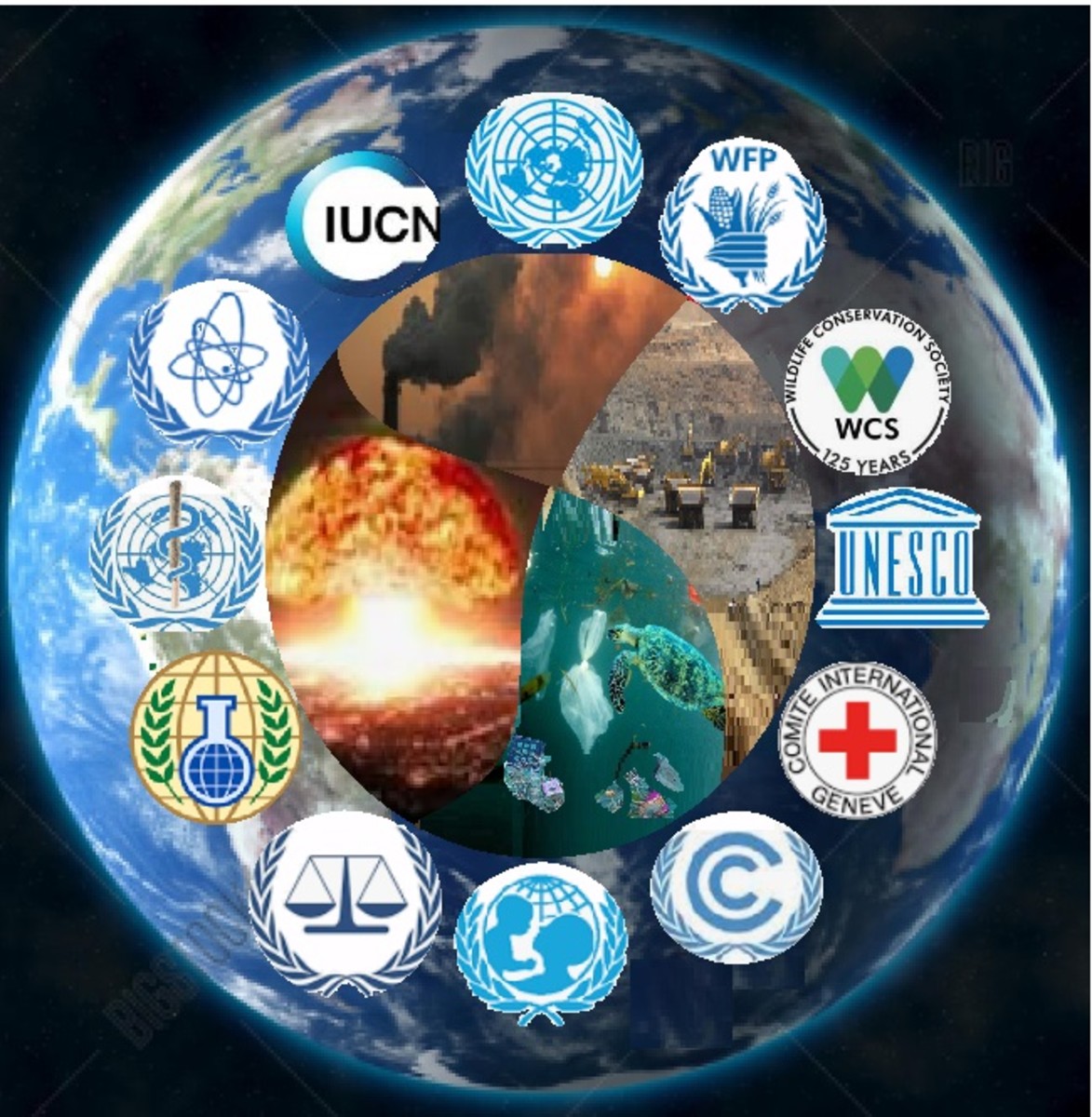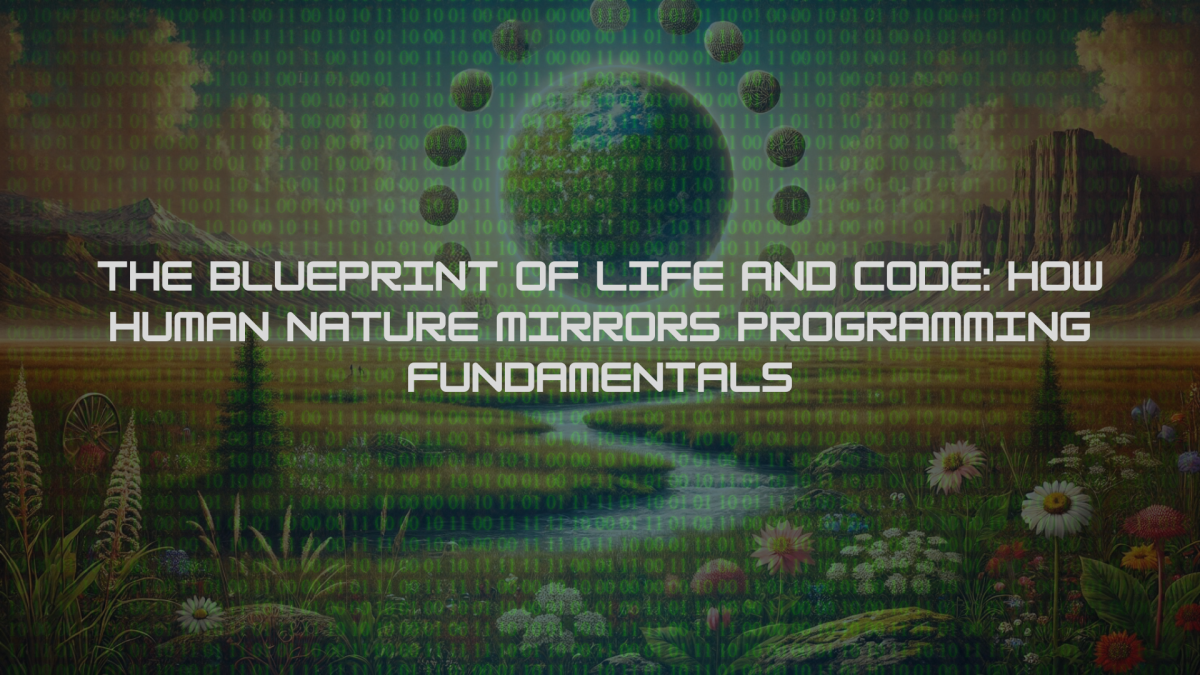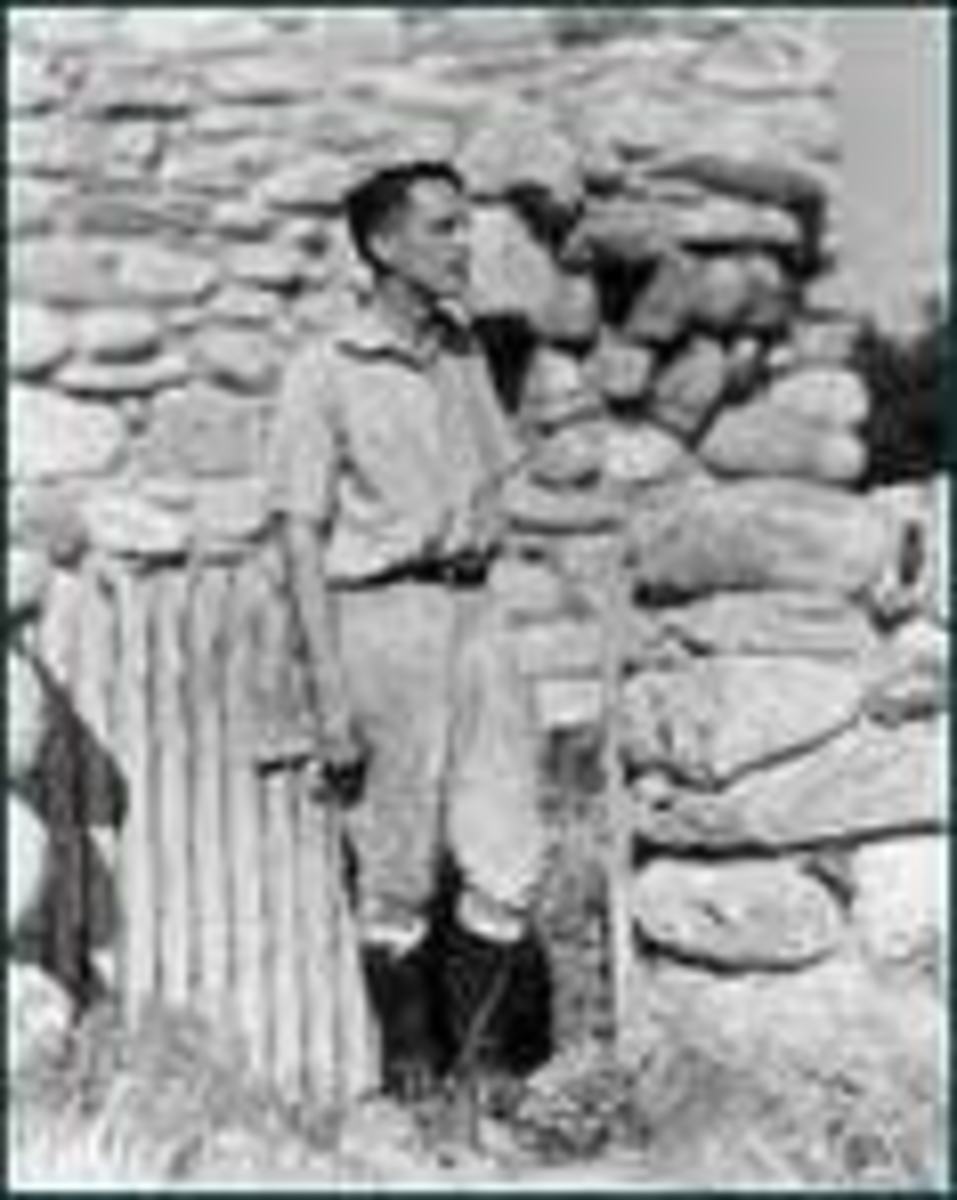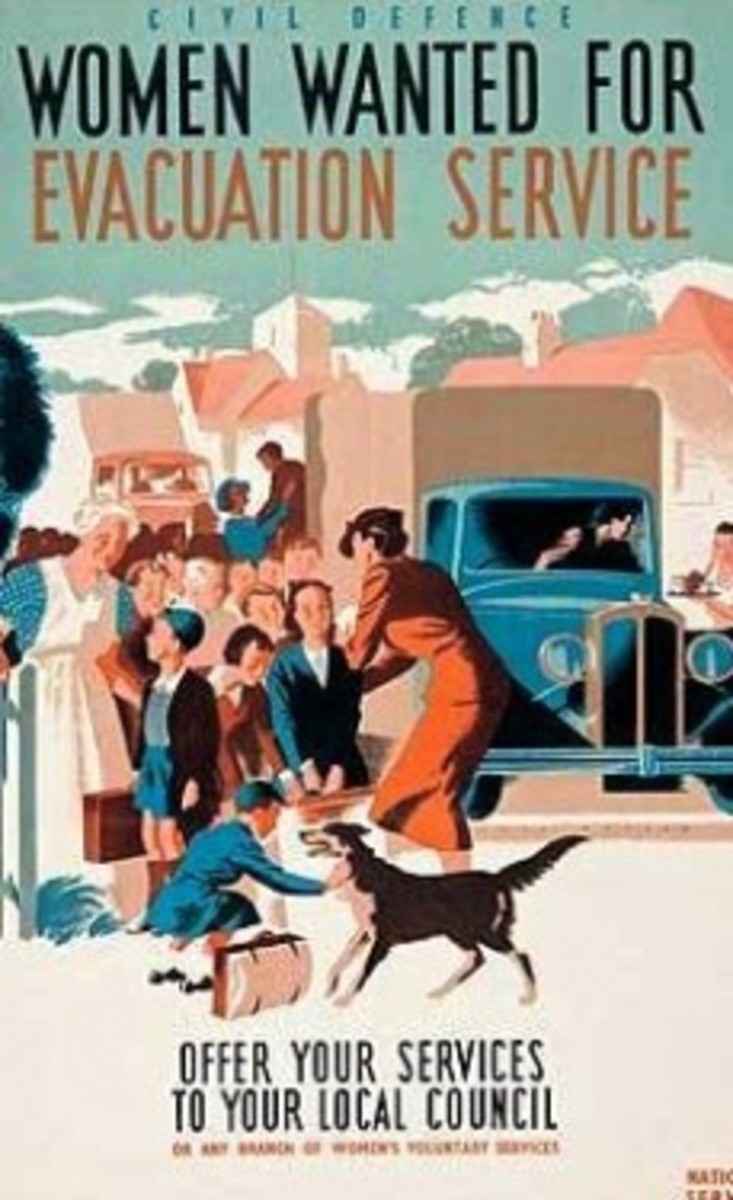- HubPages»
- Education and Science»
- History & Archaeology»
- History of the Modern Era
Cycles of Civilized Complexity, Barbarity and the Primitive Condition
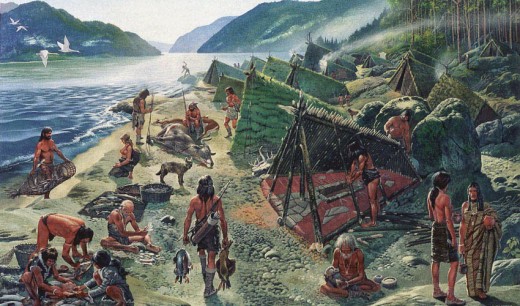
Putting aside the fact that civilization is mediated by barbarity, we shall look at The nature of complexity in civilization versus the simplicity of the so called barbarian and the uncivilized, which we will call the primitive condition. Within the context of civilization is the existence of specialization. Also, within civilization are alienation from nature and the source of production and the fact of continual advances that leads to obsolescence and emerging and manufactured ignorance. Civilization emerged as a natural development within human societies in ancient times, but as we learned how to augment our abilities via technological means, we forgot the methods of doing things prior to the use of technology and specialization..This becomes a form of ignorance that can have devastating consequences should we lose the technological support we have become dependant upon.
In former times, people lived close to the land and sea and were familiar with natural cycles between the sky and the earth. Most early religions begin here, thus showing the link to the sky, the source of astrological and Sabean religion. Folks followed the seasons and how that impacted on animal migrations and agricultural production at the point of production. That means, everyone had a hands-on and experiential contact with the natural world where things like money and mega cities were absent. Step by step, as we became more dominant over nature, we also became more and more alienated therefrom and thus emerging ignorance has its roots. This is the seed of destruction contained within civilization that will eventually collapse and revert to the primitive. There are many historical indications of this that set the precedent for contemporary times..
Most people in modern technological cities, who live by virtue of technology and money, do not have a clue as to how to survive without technological support and money. The evidence is strewn on the streets around the world in the form of beggars and homeless, who represent the surplus population put out to die. If civilization collapses, then the ignorance born within it, guarantees that the members for the most part, would succumb due to total ignorance of how to live without civilization. It is estimated that fully 99 percent of civilized populations will die of starvation and disease as well as at each others' hands within two months of the collapse because they lack the know how to live entirely without the civilized support network. Those who are currently in a primitive state will continue to live as if nothing happened. To them, this demise would pass unnoticed save when some folks penetrate their territory seeking to survive. Currently, there are a handful of 'primitives' who live on the fringes of civilization. Of all the thousands cast out into the mean streets, a mere handful, much less than ten, have the wherewithal to exist without civilized input to live.
We said that the seeds of the destruction of civilization are contained in the ignorance of most people therein. That has resulted from the structure of education, where crucial knowledge is not given to most beyond indoctrination that form most of modern pedagogy. We have become a race of individuals that are stone ignorant on basic skills related to nature and filled with the knowledge of specialization, whether it is technologically dependant, militarily oriented or connected to money manipulation. We have built a society that is alienated from nature and dependant on our own devices that usually end badly. There are several lines or directions from whence disaster can strike. These are;
1. Natural disaster such as earthquakes, tsunamis, volcanic eruptions or explosions, extreme weather, impacts from space, cosmic events, pestilence and disease.
2. Warfare political upheavals and financial collapse.
The basic thesis here is the cyclic nature of civilization and the primitive condition and how this cycles back and forth and how one grows out of the other in a continual process. Sometimes the collapse comes from a major natural event, sometimes it comes from civilization itself. We can easily account for natural cases in history. The more difficult to see events are those that are specifically human caused. Yet, even here we can find historical examples of human derived incidents.
Civilization can arguably be called an augmented natural development that allows humanity to live more easily. This is accomplished with tools and technology, but the base of everything is still nature. When we become to dependant on tools and processes, we become vulnerable due losing the knowledge of how to live without tools and technology, or at least a much lower level of tooling. The difference between how advanced countries live and how bush people live in the deep Amazon is staggering. It is as if we are looking at two separate species in humanity. Neither would be able to live in the context of the other without major educational input. Nor can the two merge as amply shown in history. The civilized encroaching on the primitive will result in the demise of the latter. When civilization collapses, the primitive lifestyle emerges. There are also regions where various stages of development can be seen.
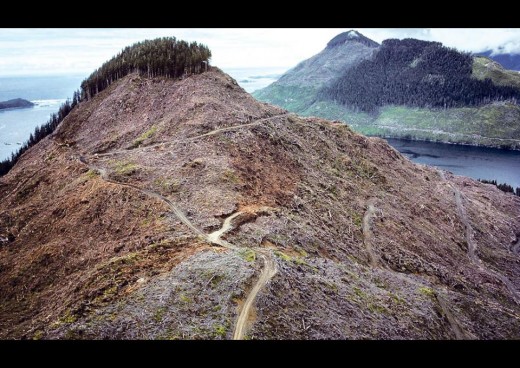
Historical Cases in Point.
David Keys describes in his book, Catastrophe, a seminal event that changed the course of history on or about 535/36 AD that resulted from a natural catastophe. The first nations, including a few high civilizations succumbed to the European invasion beginning in 1492/93 AD. Concurrent with the invasion, was the institutionalization of a retraining program called residential schools that insured the destruction of many cultures and these peoples ability to live from and in harmony with nature. In the case of the Easter Island culture, we have a case of self destruction based on the destruction of the environment. Immanual Velikovsky describes in his four books how mighty civilizations disappeared, even to the point of collective amnesia. The earth is riddled with evidence going back eons. A major change happened 12,660 years ago when a world power collapsed and the memory was kept alive in ancient Egypt and Greece. Now we find evidence, often in unexpected places, such as under water and Antarctica. The imperial power of Rome smashed many cultures and itself succumbed from invasion and a powerful natural event that changed the course of history. Clues of ancient and advanced civilizations abound all over the earth, but they no longer exist and they took their knowledge into oblivion with themselves during collapse. Even Plato comments on how only the primitive and the crudest survive during cataclysms that destroyed high knowledge and the intellectuals.
Civilization allows people to live more easily, but is prone to corruption and the manufacture of ignorance among the producers at the point of production. Specialization creates skills that can only exist in the complexity of civilization. Civilization is also prone to hierarchical development and as a consequence, oppression and imperialism. Primitive groups and societies tend to live short, brutish lives, allowing only just enough life to just manage to bring forth the next generation more or less at the same level.
When technology displaces people from work, they end up on the street along with the youth. A society that throws its children onto the streets to die of neglect, also destroys its own future. Thus the seeds of destruction of civilization are planted and the outcome is oblivion for civilization and an emergence of a primitive condition. Are we at a breaking point? Unfortunately with everything that is unfolding, the answer is an qualified yes! We are currently seeing many wars and threats of wars. The weather is producing extreme events. Tsunamis have killed and injured many hundreds of thousands and destroyed nuclear reactors that have since continued to wreck havoc. Even without that, there are huge risks from nuclear power. Advances and increases of artificail intellegence threatens a huge paradigm shift for which society appears to be unprepared. On one side we have the "pull youtself up by your bootstrap" mentally. On the other is the emergence of a liesure society, for which most are unprepared. The two do not seem to want to work together. Currently, obsoleted people are tossed out onto the streets like all the planned obselecence gadgets that are trown into landills. The evidence is seen in the form of millions who know nothing other than to beg, which demonstrates the vulnerability contained within society and individuals.
Every complex species has a fatal flaw. That is the young must learn how ro function in their specific way from their parents. The failure to transmit knowing from parent to child, certainly threatens the child when the adult is no longer around to support them. Broaden this to a whole species and chances for extinction are magnified to the maximum. This includes human beings and there has been a collective failure to teach children the essentials of living within nature. Thus we have a collective that "knows" what to do in the context of a standing society, but is stone ignorant on any other paradigm than that. The result is large numbers of people who cannot function outside of the existing order of society. Now nature and society is in constant flux, throwing destabilizing conditions that can threaten the species, especially hen something unexpected occurs. If we are to change the current disease of ignorance and alienation from nature and our own real nature, drastic and immediate actions are required.
Chris Hedges and the Fragility of Empire
What Then Must We Do?
We have wondered deep into uncharted territory and live in a situation of extreme risk. Fortunately, there are answers, even in the current state of near disaster, but, we must act quickly; or else! There are ways and means in existence where real eduaction can be included above and beyond the current schooling paradigm. Whatever is chosen, it must begin early. For most people, the situation is beyond recovery as they are beyond their formative years. Children must begin to receive crucial learning around the age of two. From two to seven, they should become familiar with nature, how to live therein, learn about agriculture as far as planting and animal husbandry are concerned. Traditional education can run concurrently at the established norm, but, real education must commence for the long term well being of future generations and for the preservation of the human species.
Organizations already exist that can provide the kind of education required so that the future generations can continue to live no matter what happens. As it stands now, in any kind of collapse, most people are dngerously vulnerable, especially in advanced regions of technological civilization. Everyone needs to seriously examine where they stand should they suddenly find themselves outside of civilization. If you can, get some real education. Learn how to live in nature without any other support. Learn how to garden and take care of animals. Leatn how to live without technology. Learn how to live without money and distractions. If you cannot, good luck!

